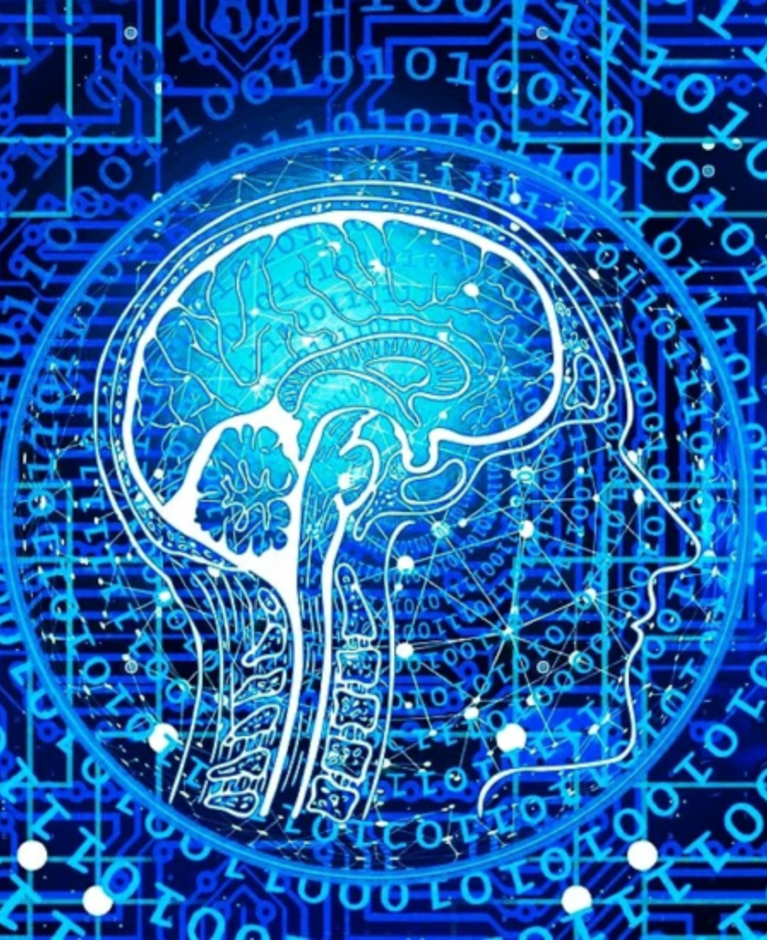
Program 2: Natural, Artificial and Cognitive Information Processing
Overview
Mission
This program is dedicated to exploring fundamental principles of natural, artificial and cognitive information processing with the aim of applying them to the development of new technologies for information technology and new methods in research and biomedicine. New technologies are investigated that are able to meet the extreme requirements in quantum computers and neuromorphic computing. In addition, biological systems, in particular the brain, are studied as information processing systems found in nature. To achieve this, a highly interdisciplinary approach is crucial, involving cooperation and coordination between partners from very different scientific backgrounds. This creates synergies at the respective interface of different scientific fields.
Copyright: Gabrielle Schlipf
Our focus
This program creates a link between research on basic principles of information processing aiming towards their implementation in novel technologies and the transfer of these new methods to research and medicine. A broad spectrum of solutions for information processing has already been realized, both in technology and in nature. These solutions have their specific strengths, but also limitations.
Work in this program aims to understand the fundamental rules of information processing and their relationship with the underlying hardware and to identify the rules that connect inanimate matter with biological systems as this will be instrumental in developing new principles for the next generation of computing systems. Synergies obtained by integrating different research communities, information processing systems and approaches will be exploited. For example, quantum effects are one possibly disruptive option for developing beyond von-Neumann computing, secure communication and learning algorithms. This approach is relevant to overcome the limits of current semiconductor technologies and to foster the development of CMOS and green IT.
Copyright: Gabrielle Schlipf
Over millions of years of evolution, nature has created highly sophisticated and energy efficient information systems. The correct processing of biological information is vital for all forms of life, ranging from single cellular organisms to cellular networks and multicellular systems. The brain is the prime example of such a system. It enables us to create information from data and translate information into action, a capability that fundamentally distinguishes the brain from all technical systems. The functional principles of the brain could serve as a blueprint for new physics-based solutions, such as neuromorphic devices or artificial neural networks. At the same time, a deep understanding of the functioning of the brain will have enormous consequences on the ability to develop novel diagnostics and therapeutics.
Andreas Offenhäusser
Speaker of the Program "Natural, Artificial and Cognitive Information Processing"
Forschungszentrum Jülich